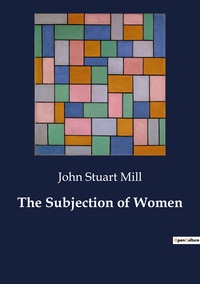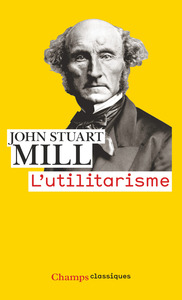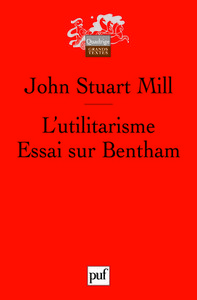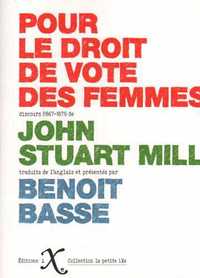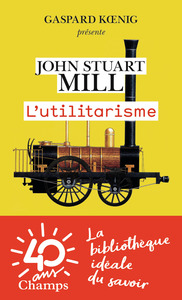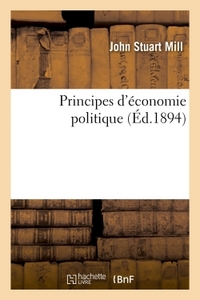Nous utilisons des cookies pour améliorer votre expérience. Pour nous conformer à la nouvelle directive sur la vie privée, nous devons demander votre consentement à l’utilisation de ces cookies. En savoir plus.
LA SERVITÙ DELLE DONNE
EAN : 9791041840823
Édition papier
EAN : 9791041840823
Paru le : 15 avr. 2023
9,99 €
9,47 €
Disponible
Pour connaître votre prix et commander, identifiez-vous
Notre engagement qualité
-
 Livraison gratuite
Livraison gratuite
en France sans minimum
de commande -
 Manquants maintenus
Manquants maintenus
en commande
automatiquement -
 Un interlocuteur
Un interlocuteur
unique pour toutes
vos commandes -
 Toutes les licences
Toutes les licences
numériques du marché
au tarif éditeur -
 Assistance téléphonique
Assistance téléphonique
personalisée sur le
numérique -
 Service client
Service client
Du Lundi au vendredi
de 9h à 18h
- EAN13 : 9791041840823
- Réf. éditeur : 297363
- Date Parution : 15 avr. 2023
- Disponibilite : Disponible
- Barème de remise : NS
- Nombre de pages : 100
- Format : H:220 mm L:170 mm E:6 mm
- Poids : 170gr
- Résumé : Io mi propongo in questo saggio, di spiegare colla maggior possibile chiarezza, le ragioni sulle quali si fonda una opinione, che io ho abbracciata fin da quanto si formavano le mie prime convinzioni sulle questioni sociali e politiche, e che ben lungi dal fiaccarsi e modificarsi colla riflessione e la esperienza della vita, non fece che ingagliardire viemmeglio con esse. Io credo che le relazioni sociali dei due sessi, che sottomettono l'un sesso all'altro in nome della legge, sono cattive in sè stesse, e costituiscono oggidì uno dei precipui ostacoli che si oppongono al progresso dell'umanità...
- Biographie : John Stuart Mill was born at 13 Rodney Street in Pentonville, then on the edge of the capital and now in central London, the eldest son of Harriet Barrow and the Scottish philosopher, historian, and economist James Mill. John Stuart was educated by his father, with the advice and assistance of Jeremy Bentham and Francis Place. He was given an extremely rigorous upbringing, and was deliberately shielded from association with children his own age other than his siblings. His father, a follower of Bentham and an adherent of associationism, had as his explicit aim to create a genius intellect that would carry on the cause of utilitarianism and its implementation after he and Bentham had died.





